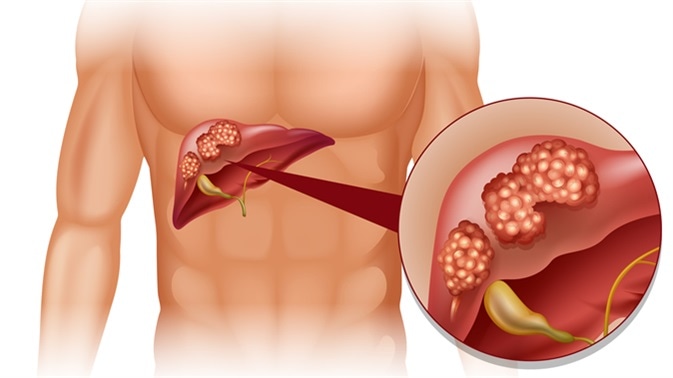Liver transplants offer a life-saving solution for people with severe liver disease. However, this procedure comes with both hope and challenges. In this article, we will explore the journey from diagnosis to recovery, shedding light on the process, the hope it brings, and the obstacles patients face along the way.
Understanding the Need for a Liver Transplant
The liver is a vital organ responsible for detoxification, producing essential proteins, and regulating metabolic functions. When the liver is damaged beyond repair, a transplant becomes necessary. Generally, conditions like cirrhosis, liver cancer, and hepatitis are the leading causes of liver failure, requiring a transplant. However, many patients only realize the severity of their condition when symptoms worsen. Early detection and medical intervention can delay the need for a transplant, but for many, it becomes the only option for survival.
The Journey to Transplantation
The process leading up to a liver transplant is rigorous and often emotionally draining. Before a patient is placed on the waiting list, they undergo a series of tests to determine their eligibility. Particularly, these tests evaluate the overall health of the patient, focusing on factors such as heart health, lung function, and the severity of liver damage. Additionally, the availability of donor livers can significantly impact waiting times. While some may receive a liver quickly, others could wait months or even years, depending on their condition and the availability of a match. Moreover, during this waiting period, patients must adhere to strict medical care to prevent further deterioration.

The Challenges of Finding a Donor
One of the most significant challenges in liver transplantation is the scarcity of donor organs. Generally, there are two types of donors: deceased donors and living donors. Deceased donors are often limited, which prolongs the wait for many patients. However, in some cases, living donors can donate a portion of their liver, as the liver can regenerate. Basically, living donor transplants offer hope for those struggling with long waiting times, but finding a willing and healthy donor can be difficult. Additionally, the surgery for both the donor and the recipient is complex and comes with risks.
Post-Transplant Recovery: The Road Ahead
The journey does not end after surgery. After receiving a liver transplant, patients must undergo extensive recovery, which includes close monitoring and medication management. Particularly, anti-rejection medications are crucial to prevent the body from attacking the new liver. Moreover, patients must attend regular check-ups to ensure their body is accepting the transplant and that no complications arise. However, despite the challenges of lifelong medication and lifestyle changes, many patients find renewed hope and a better quality of life after their transplant.
The Emotional and Mental Health Impact
Beyond the physical challenges, liver transplant patients often face emotional and psychological hurdles. Before surgery, the uncertainty of finding a donor and the fear of the unknown can cause significant anxiety. Moreover, post-surgery, the adjustment to a new life, coupled with the constant fear of rejection or complications, can be mentally taxing. However, support from family, friends, and counseling services can greatly help patients cope with these emotional struggles. Additionally, many transplant centers provide mental health support as part of their aftercare, ensuring that patients are mentally and emotionally prepared for the challenges ahead.
Conclusion
Liver transplants provide a beacon of hope for those battling end-stage liver disease. However, the road to transplantation and recovery is filled with challenges, from the emotional toll of waiting for a donor to the lifelong commitment to post-transplant care. Nevertheless, with advancements in medical technology and a supportive care system, many patients go on to live healthy, fulfilling lives. Understanding both the hope and the challenges of liver transplants helps prepare patients and their loved ones for the journey ahead.














